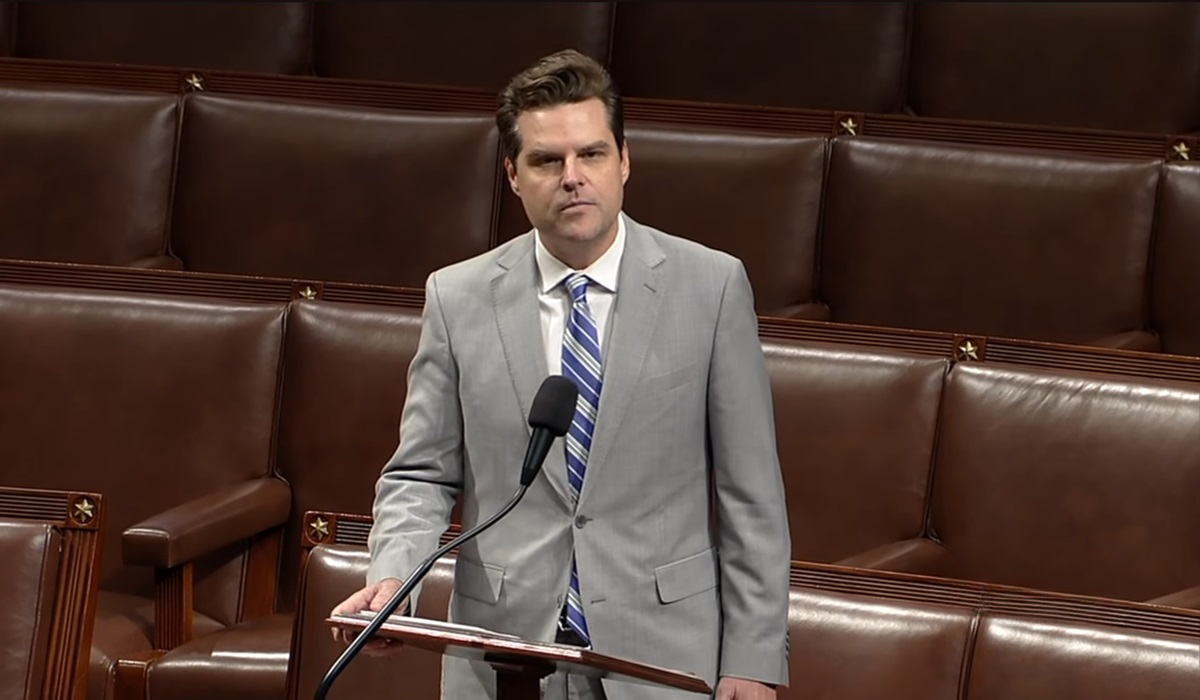Russia Orders Google To Pay $20,000,000,000,000,000,000,000,000,000,000,000
- Naomi Dela Cruz
- Business
- Breaking News
- October 31, 2024

Image Credit, Irfan Ahmad
Russia has levied an unprecedented fine on Google — a mind-boggling 2 undecillion rubles, equating to $20 decillion, or around $20 billion trillion trillion — for failing to reinstate several Russian YouTube accounts. This astronomical sum is far more than Google’s total valuation and surpasses the global combined GDP by an immense margin. This fine, which is both symbolic and financially unattainable, underscores the complexities tech giants like Google face in navigating content policies that increasingly clash with national regulations worldwide.
The fine reflects Russia’s ongoing effort to assert digital sovereignty, allowing the government to exercise significant control over its online space and maintain influence over domestic digital narratives. In recent years, Russia has strengthened its stance on content regulations for foreign tech platforms, seeking to enforce stricter compliance with local laws, particularly as geopolitical tensions rise. Part of this strategy has involved pressuring tech companies to allow access to certain Russian accounts and perspectives that were restricted or removed in light of global policy standards.
Google’s YouTube, like other platforms, is caught in a balancing act when it comes to content moderation. YouTube has faced mounting pressure from various countries to regulate content according to local standards, alongside criticisms that its policies are at times influenced by external factors, including advertiser preferences. The platform has drawn critiques from multiple sides: while some countries call for less restricted access, others advocate for more robust moderation to align with their values. Russia’s actions thus underscore an emerging global trend — one in which each country’s unique social, political, and cultural climate influences how content is managed and accessed.
For Google, the Russian fine underscores the growing complexities of adhering to global community standards while meeting the increasingly diverse and occasionally conflicting demands of different countries. While YouTube’s policies on content removal have been criticized for appearing selective, the platform maintains that its rules aim to limit misinformation and other harmful content. Yet, the fine presents Google with an uncomfortable dilemma: to reinstate accounts at the request of Russia or risk future penalties and the possible scaling back of its Russian operations.
The sheer size of the fine suggests that Russia might be setting a precedent rather than expecting full payment. However, it opens the door to potential restrictions on Google’s Russian operations, including asset seizures or increased regulatory hurdles. For global tech companies, this fine sends a clear message that navigating regional policies may require adapting to the content preferences of each respective country.
Russia’s actions are part of a broader movement toward nationalized digital ecosystems, where each country may enforce content policies based on local standards and regulations. This “digital sovereignty” approach has gained traction as more countries look to restrict foreign influence on their information spaces. In the U.S., Europe, and beyond, similar debates on tech regulation and accountability have emerged. However, Russia’s fine, unprecedented in scope and scale, has placed the spotlight on the growing trend of segmented internet ecosystems and the potential for global platforms to become more regionally distinct.
If Google opts to maintain its content policies and cease operations in Russia, it would further reflect a shifting internet landscape where major platforms may operate differently across national boundaries, adapting or exiting based on regional policies. This fragmentation represents a significant change from the previously open, global internet model, signaling a future where online platforms increasingly reflect the social and political boundaries of individual nations.
The implications of Russia’s fine on Google resonate across the tech industry and highlight the challenges of maintaining a single global standard in an increasingly divided world. For Google, and similar companies, it will involve an ongoing balancing act as they navigate the growing web of local content expectations, attempting to harmonize their global policies with the specific needs and regulations of each country. This case marks a new phase in the digital era, where tech companies may have to rethink how they operate in diverse and rapidly changing regulatory environments.








